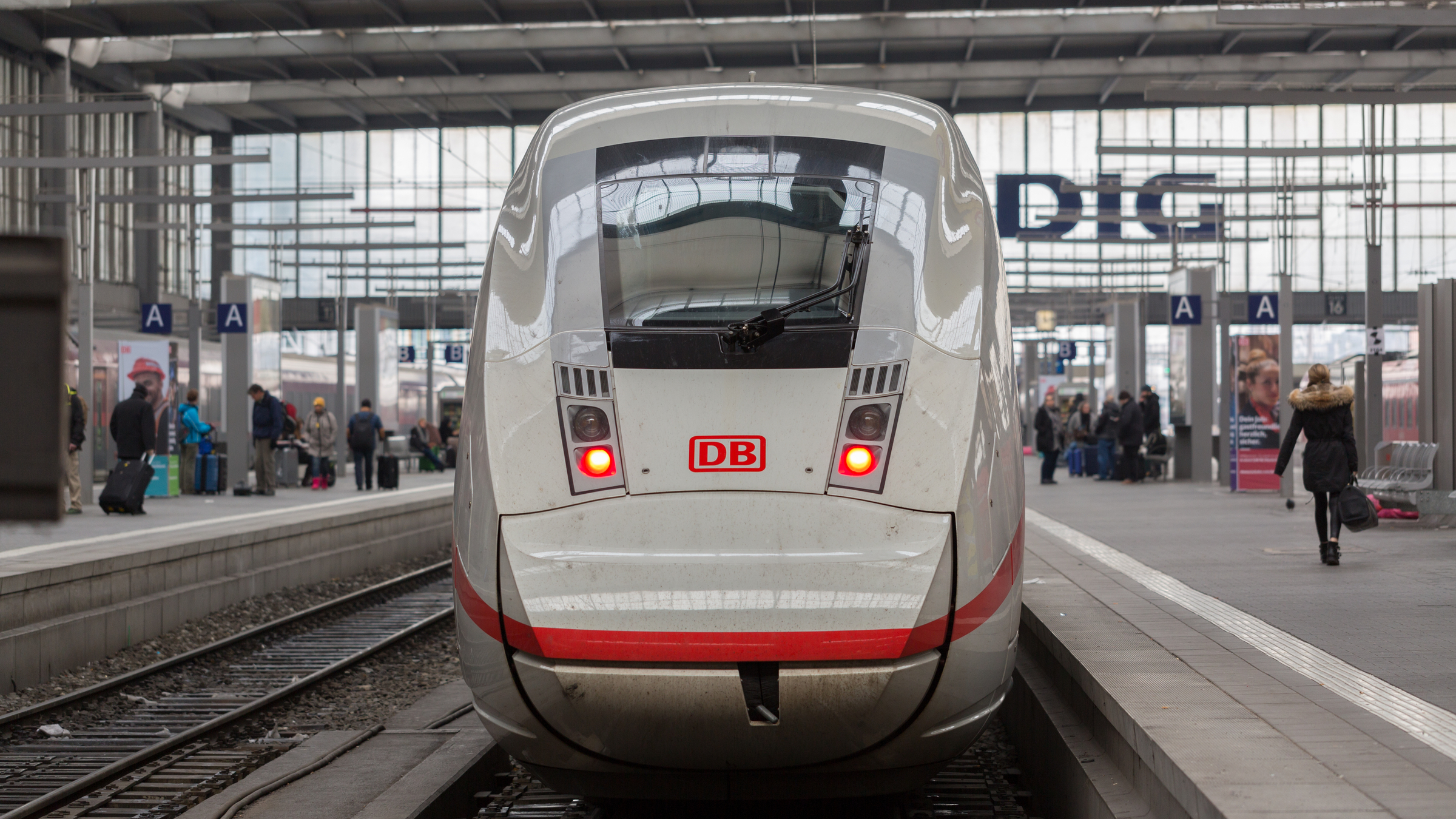Passenger rail transport is growing rapidly, and in this context, there are a growing number of train projects offering new services to passengers in Europe. Deutsche Bahn illustrates this trend by opening a line between Amsterdam and Berlin. The aim: to build low-floor trains so that people with disabilities can board easily, and with all the comfort and communication facilities needed to offer the best services to passengers.
The Spanish company Talgo was able to meet these requirements. In order to carry out this project, it needed external support to complement its skills, particularly with regard to the on-board software (Train Control Management System or TCMS).
Talgo entrusted SEGULA Technologies with the development of the train’s ‘brain’ (TCMS). For example, the TCMS manages the opening of the carriage doors on arrival at the station, the activation of the air-conditioning or heating, or the provision of information to passengers…

 FOR A BETTER EXPERIENCE
FOR A BETTER EXPERIENCE